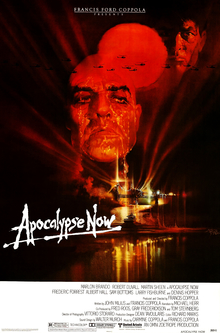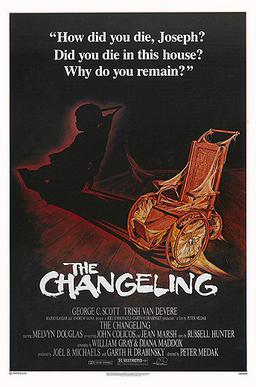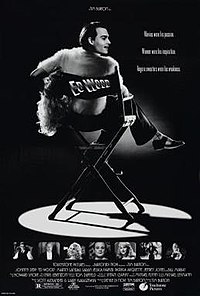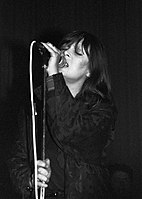Lists
















32 Books
Readlist
Sort by:
Recent Desc
Liked by
More lists by Brandon



Better than "like"
A Complete and Definitive list of the Objectively Greatest films ever made, WIP
November 2021
25
@brandon74



Watchlist
List includes: The Changeling, Ed Wood, 12 Monkeys
November 2021
5
@brandon74



Childhood favorites
Movies from before
July 2020
0
@brandon74



Evergreen genre
List includes: Killer Klowns from Outer Space, Galaxy Quest, Starship Troopers
July 2020
0
@brandon74



True absurdism
List includes: The Big Lebowski, No Country for Old Men, Fargo
July 2020
1
@brandon74



Watchlist (TV)
List includes: The Prisoner, Smack the Pony, The Adventures of Brisco County, Jr.
February 2020
0
@brandon74



Musiclist
List includes: Television, Nico, Single File
December 2019
0
@brandon74